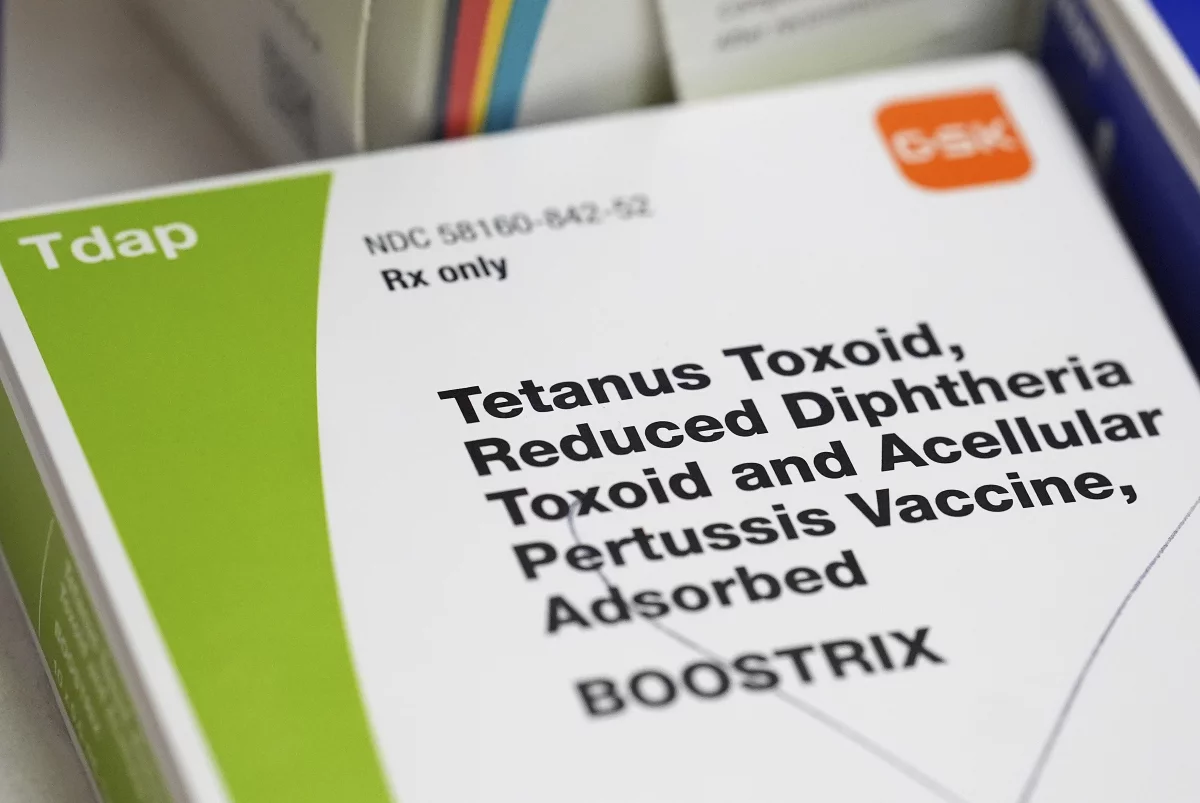In 2025, Louisiana faced its worst whooping cough outbreak in more than three decades, leaving public health experts deeply concerned and families searching for answers. While vaccine-preventable diseases usually trigger rapid alerts, public notices, and media briefings, this time the response lagged. As cases mounted—especially among infants—many Americans began asking a critical question: Are we losing our preparedness against preventable diseases?
This outbreak offers lessons not only for Louisiana, but for every state, parent, and healthcare provider in the United States.
What Is Whooping Cough and Why Is It Dangerous?
Whooping cough, medically known as pertussis, is a contagious bacterial infection that attacks the respiratory system. It spreads easily through coughing, sneezing, and close personal contact. Adults may experience mild symptoms, but infants and young children face the highest risks, including:
Interrupted breathing
Persistent coughing fits
Hospitalization due to complications
Seizures
Pneumonia
Rare but tragic fatalities
The hallmark “whoop” sound—heard during long coughing spells—comes from struggling to catch a breath. Babies, however, often don’t cough; they simply stop breathing.
How Vaccination Works to Prevent Pertussis
Modern pertussis vaccines, such as DTaP for children and Tdap for teens and adults, train the immune system to fight the bacteria before severe symptoms develop. These vaccines don’t just protect individuals—they shield communities by preventing widespread transmission.
It’s especially critical for:
Pregnant women
Family members around infants
Healthcare workers
Daycare employees
However, immunity fades over time, which is why boosters are essential.
A Delayed Response in Louisiana
When public health professionals detect vaccine-preventable outbreaks, standard protocol includes:
Immediate public alerts
Guidance to physicians
Press conferences
Community vaccination events
Hospital coordination
Yet in Louisiana, months passed before major alerts were issued—even though two young infants had already lost their lives. Researchers, pediatricians, and infectious disease specialists noted a concerning pattern: silence where urgency was needed.
Public health communication is not just bureaucracy; it’s prevention. Losing weeks—let alone months—allows exponential spread.
Why Communication Timing Matters
When dealing with fast-moving diseases, public messaging is one of the most powerful tools. It helps:
Inform vulnerable populations
Encourage early treatment
Boost vaccination rates
Slow transmission
Alert medical staff
Experts often refer to outbreak response time as “the currency of control.” Once lost, it’s difficult to regain.
The Impact on Infants
Pertussis is especially dangerous in the first weeks of life. Babies cannot receive their first dose of DTaP until 2 months old, which leaves them unprotected unless their mother received a Tdap shot during pregnancy.
In this outbreak:
Many hospitalized infants were under 1 year old
Some required intensive care support to breathe
Several died before vaccines could protect them
Each hospitalization represents a family in crisis—an experience no parent should encounter when a vaccine exists.
Vaccination Hesitancy and Political Influence
In recent years, skepticism toward vaccines has increased in some communities, fueled by misinformation spread on social media. When public officials reinforce these doubts or limit communication efforts, the consequences ripple outward:
Lower community immunity
Higher risk for the medically vulnerable
Longer outbreaks
Preventable deaths
It’s not just a medical challenge; it’s a public trust challenge.
Why Outbreaks Like This Could Become More Common
The Louisiana outbreak followed a national rise in pertussis cases. Several factors contribute:
✅ Waning immunity among adults
✅ Delayed booster schedules
✅ Wider mistrust of public health agencies
✅ Reduced community vaccination events after COVID-19
✅ Social media misinformation
These conditions create perfect storm environments for old diseases to regain footholds.
Protecting American Families: What Pediatricians Recommend
Physicians across the country stress several key steps:
- Stay up-to-date on vaccinations
Adults need Tdap boosters to avoid unknowingly infecting infants. - Vaccinate during pregnancy
This provides newborn immunity until their first shots. - Recognize symptoms early
Rapid coughing fits
Vomiting after coughing
Trouble breathing
- Seek immediate medical care
Pertussis progresses quickly and can require oxygen support. - Test when suspicion is high
Doctors can confirm cases rapidly and begin antibiotics.
How Healthcare Providers Should Respond
Doctors, nurses, and hospitals play a crucial role:
Report suspected cases quickly
Educate families during routine visits
Screen pregnant patients for vaccine history
Encourage booster reminders
Communication can be as important as medication.
Public Health Departments Must Rebuild Trust
Outbreaks don’t just expose bacteria—they expose weaknesses. To strengthen community resilience, departments must:
Communicate transparently
Hold timely press briefings
Publish clear case counts
Promote maternity vaccination programs
Partner with local pediatricians
Counter misinformation rapidly
Silence benefits the disease, not the community.
Could This Have Been Prevented?
Many experts believe earlier warnings and stronger vaccination advocacy would have:
Reduced hospitalization rates
Prevented some transmissions
Saved lives
Outbreaks exploit confusion. Education is the cure.
The Bigger Lesson for America
The U.S. healthcare system is strong, but outbreaks like this reveal how quickly progress can slip when misinformation spreads and communication slows.
Every state should:
Maintain vaccination outreach programs
Support evidence-based guidance
Monitor disease trends actively
Communicate urgently, not eventually
The cost of inaction is measured in hospital beds and grieving parents.
What Parents Can Do Right Now
If your family lives in a state seeing increased pertussis cases:
✅ Check your child’s vaccine schedule
✅ Ask your doctor about boosters
✅ Encourage pregnant relatives to get Tdap
✅ Stay home if you have a persistent cough
✅ Avoid baby visits until cleared by a doctor
Protecting one infant protects everyone’s future.
Looking Ahead
With hundreds of cases reported and hospitalizations continuing through the year, Louisiana’s whooping cough outbreak should serve as a wake-up call for the rest of the country. Public health doesn’t succeed through silence—it succeeds through clarity, prevention, and timely action.
Vaccines remain one of the safest and most effective tools in modern medicine. They are not merely personal protection; they are community shields.
If we want to prevent future outbreaks, we must rebuild trust, support evidence-based public health, and refuse to let preventable diseases regain ground.
Protect your children. Protect your community. Vaccination saves lives.

